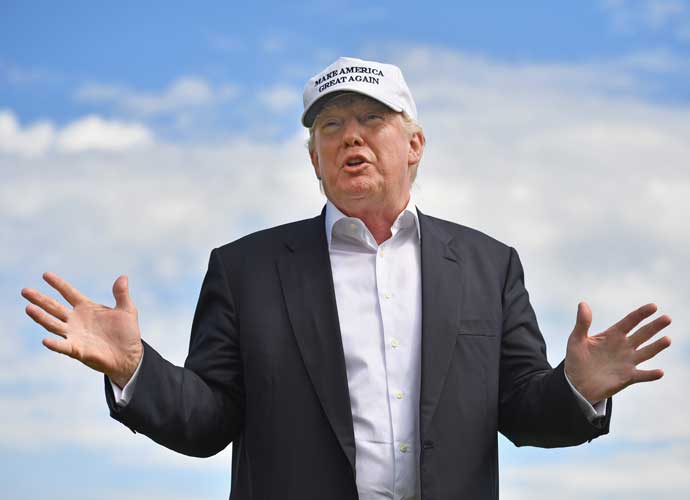

Donald Trump
President Donald Trump on Thursday officially declared the opioid epidemic a public health emergency making good on a promise he had first made on the 2016 campaign trail. “We could be the generation that ends the opioid epidemic,” he told an audience at the White House.
President Trump will direct his Department of Health and Human Services to declare a national emergency in the face of a growing epidemic that has left nearly 60,000 people dead since the start 2016. Trump, who has repeatedly pledged to pay greater attention to the rise in opioids, used the epidemic to gain a victory in New Hampshire during the 2016 primaries. But, aside from forming a commission on opioids in March, he has done little else to combat the problem.
“As Americans, we cannot allow this to continue. It is time to liberate our communities from this scourge of drug addiction,” Trump said. “Never been this way. We can be the generation that ends the opioid epidemic. We can do it.”
Trump’s elevation of the opioid epidemic still falls short of the actual promise he made as recently as last August when he said he would declare the epidemic a “national emergency” – a move which would have freed up funds immediately for the effort.
Subscribe to our free weekly newsletter!
A week of political news in your in-box.
We find the news you need to know, so you don't have to.
What makes a “public health emergency” and “national emergency” different is the money and resources that are allocated to each. Since August, Trump has been calling for the opioid epidemic to be considered as a national emergency. The Stafford Act would have allowed the federal government to tap into money from the Federal Emergency Management Agency’s Disaster Relief Fund and would have jump-started the president’s program almost immediately.
Instead, Trump issued the current order under the Public Health Services Act citing that FEMA money was reserved for natural disasters and not public health concerns. The Public Health Services Act will direct federal agencies to provide more grant money to combat the epidemic while the Trump Administration works with Congress to secure more money in a year-end spending package.
The order Trump signed today will last 90 days and will be eligible for renewal every 90 days after until the president believes it is no longer necessary.
Days before Russian President Vladimir Putin is set to meet with U.S. President Donald Trump,…
E.J. Antoni, who was recently nominated by President Donald Trump to lead the Bureau of…
Lindsey Langston, the 2024 winner of Miss United States and a Florida Republican state committee…
On Tuesday, Texas Attorney General Ken Paxton asked a judge to jail former Rep. Beto…
Steve Witkoff, President Donald Trump’s special envoy, is being criticized for “damaging incompetence” during discussions…
On Tuesday, the Trump administration requested a comprehensive internal review of eight Smithsonian museums, according…